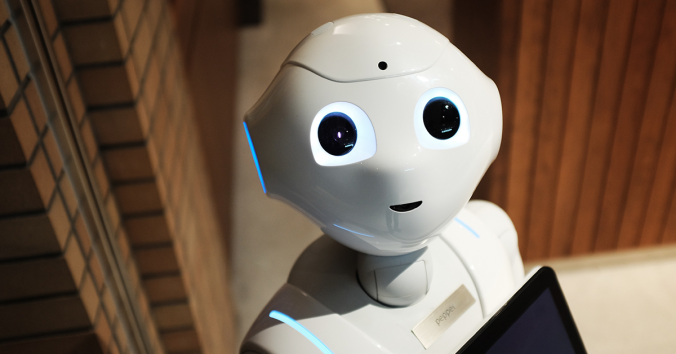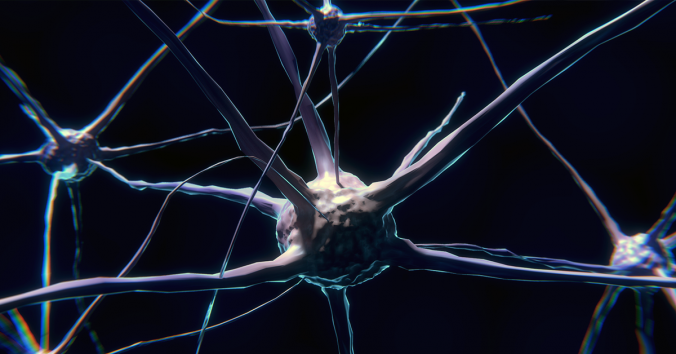During the spring, several doctoral students at CRB successfully defended their dissertations. Karin Schölin Bywall defended her dissertation on May 12, 2021. The dissertation, like the two previous ones, reflects a trend in bioethics from theoretical investigations to empirical studies of people’s perceptions of bioethical issues. An innovative approach in Karin Schölin Bywall’s dissertation is […]
Continue readingPage 13 of 48
Why can we feel metaphysical nausea at the thought of cloned humans? I guess it has to do with how we, without giving ourselves sufficient time to reflect, are captivated by a simple image of individuality and cloning. The image then controls our thinking. We may imagine that cloning consists in multiplying our unique individuality […]
Continue readingArtificial Intelligence (AI) has achieved remarkable results in recent decades, especially thanks to the refinement of an old and for a long time neglected technology called Deep Learning (DL), a class of machine learning algorithms. Some achievements of DL had a significant impact on public opinion thanks to important media coverage, like the cases of […]
Continue readingWhat should the healthcare team do when established treatments do not help the patient? Should one be allowed to test a so-called non-validated treatment on the patient, where efficacy and side effects have not yet been determined scientifically? Gert Helgesson comments on this problem in Theoretical Medicine and Bioethics. His comment concerns suggestions from authors […]
Continue readingSometimes the intellectual claims on science are so big that they risk obscuring the actual research. This seems to happen not least when the claims are associated with some great prestigious question, such as the origin of life or the nature of consciousness. By emphasizing the big question, one often wants to show that modern […]
Continue readingWhat exactly is fact resistance? It is often defined as a tendency not to be influenced by facts that contradict our own beliefs. Or as a tendency to hold beliefs even though there is no evidence for them. To make fact resistance more humanly comprehensible, I would like to draw attention to a common way […]
Continue readingWhen we talk about patient integrity, we often talk about the patients’ medical records and the handling of their personal data. But patient integrity is not just about how information about patients is handled, but also about how the patients themselves are treated. For example, can they tell about their problems without everyone in the […]
Continue readingTwo of our doctoral students at CRB recently successfully defended their dissertations. Both dissertations reflect a trend in bioethics from purely theoretical studies to also include empirical studies of people’s perceptions of bioethical issues. Åsa Grauman’s dissertation explores the public’s view of risk information about cardiovascular disease. The risk of cardiovascular disease depends on many […]
Continue readingHow do we take responsibility for a technology that is used almost everywhere? As we develop more and more uses of artificial intelligence (AI), the challenges grow to get an overview of how this technology can affect people and human rights. Although AI legislation is already being developed in several areas, Rowena Rodrigues argues that […]
Continue readingSo-called psychosurgery, in which psychiatric disorders are treated by neurosurgery, for example, by cutting connections in the brain, may have a somewhat tarnished reputation after the insensitive use of lobotomy in the 20th century to treat anxiety and depression. Nevertheless, neurosurgery for psychiatric disorders can help some patients and the area develops rapidly. The field […]
Continue reading









Recent Comments